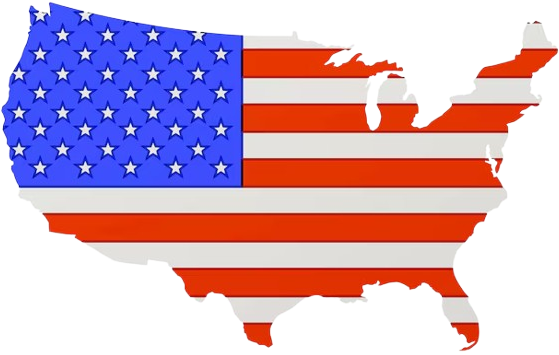Shipping paint thinners and removers requires special care and expertise due to their chemical nature and potential hazards. Proper classification, handling, and compliance with regulations are vital to ensure safe and efficient transportation. Freight Sidekick offers a range of services designed to meet these specific needs throughout the United States and Canada.
Understanding Freight Options for Paint Thinners & Removers
Choosing the correct freight service is crucial when transporting paint thinners and removers. Full Truckload (FTL) services are ideal for larger shipments, offering exclusive use of the truck. Less Than Truckload (LTL) is better suited for smaller quantities, where shipments share space with other goods. Each option comes with unique benefits depending on the shipment size and urgency.
Full Truckload (FTL) Services
When shipping large volumes of paint thinners and removers, opting for FTL provides distinct advantages. Freight Sidekick offers various FTL transport types, such as Dry Van and Refrigerated, ensuring your chemicals are kept in optimal conditions. FTL minimizes handling, reducing the risk of damage or spillage, essential for sensitive chemicals like paint thinners.
- Assess the volume and dimensions of your shipment.
- Choose the appropriate truck type, e.g., Dry Van or Refrigerated.
- Ensure proper labeling as per hazardous material standards.
- Provide detailed loading instructions and safety measures.
Less Than Truckload (LTL) Shipping
For smaller quantities, LTL shipping is both cost-effective and flexible. Freight Sidekick specializes in palletized freight, crates, and drums, catering to the diverse packaging requirements of paint thinners. It's essential to determine the freight class for accurate quoting and transport planning.
- Consolidate shipments into safe, stackable units.
- Use proper pallets and packaging to secure your load.
- Label shipments clearly with hazard class labels.
- Employ safety data sheets (SDS) for safety and regulatory compliance.
Key Safety and Compliance Considerations
Shipping paint thinners and removers legally and safely necessitates understanding and adhering to regulations concerning hazardous materials. Safe transport involves using Material Safety Data Sheets (MSDS) and ensuring all containers meet safety codes and are correctly labeled with hazard warnings.
Loading and Unloading Procedures
Proper loading and unloading procedures prevent accidents and damages. Employ equipment like forklifts and pallet jacks for handling, and ensure personnel are trained in hazardous material handling and emergency response.
Cost-Saving Strategies for Shipping Hazardous Materials
Efficient shipping of paint thinners doesn't have to be expensive. Strategies include consolidating shipments to optimize space, scheduling during off-peak times to avoid additional charges, and utilizing Freight Quote Tool for competitive pricing.
Get Personalized Assistance for Shipping Paint Thinners & Removers
Ensure your paint thinners and removers are shipped securely and efficiently with Freight Sidekick. Get a quote today, call us at 877-345-3838 or email support@freightsidekick.com.











